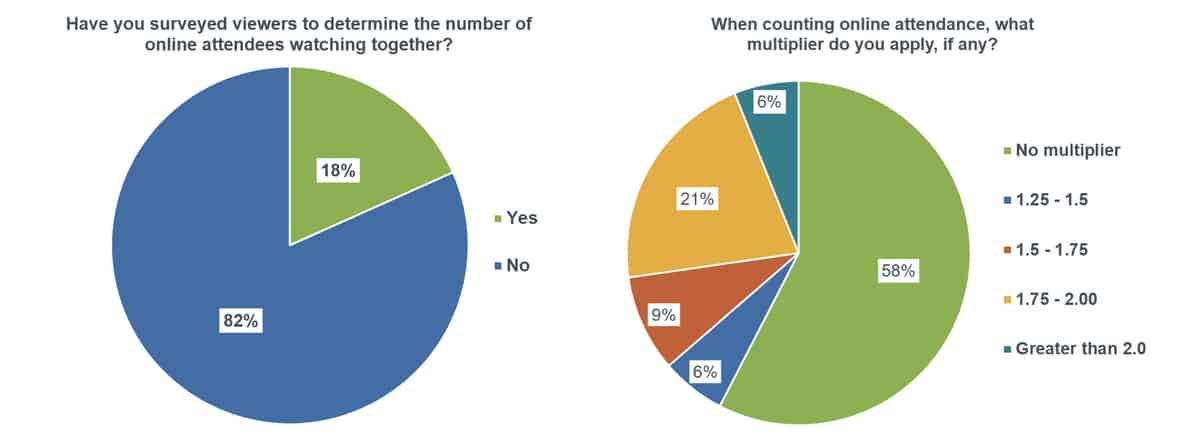This intriguing article, America’s Two Coronavirus Realities by Dion Rabouin, perfectly describes what I am seeing in most churches and communities in the U.S.
In my last ebook, Beyond: The Forward Focus Framework, I described three basic shapes of economic recovery from the pandemic recession:
- The V shaped recovery was the hope for quick economic recovery.
- The U shaped recovery was a longer term comeback over a year.
- The L shape was a longer recession that slowly builds back over time.
Many other letters including N, W and others have been proposed. These shapes and letters stand in for describing the national and local economies and the related rebound or lack thereof.
I think K describes well the situation we see on the ground now as to individuals and how pastors can respond well.
The K Shape
The K shape states that for some individuals, namely wealthier and middle-class individuals with solid jobs, their assets, income and fortunes are rising in this season. Some of that is a stock market comeback. Some is housing appreciation as that market has caught fire in many places. This would be the upper section of the letter K.
The lower section is the contrast for working class individuals, especially those in retail, restaurant, hospitality, hotel, convention and many other fields have seen layoffs, reduced working hours and falling incomes. The unemployment payments have sustained many of these workers, but are not helping their long-term income growth.
The exceptions for the declining K segment are in a few fields, such as construction, which have actually accelerated in the past few months.
The article rightly points out that the savings rate is way up but that is mostly driven by the upper section of the K and government support payments to the lower section. Almost all households have reduced their spending. For those that frequented eating establishments, that has fallen precipitously—those expenditures actually paid many in the lower section of the K!
For Pastors
What the article misses, and is relevant for pastors, is that there is a third band. This band where, in spite of the pandemic, their income has remained relatively unchanged. This includes those on fixed pensions, social security payments or other retirement investment income. It also includes the broad swath of persons working in delivery, grocery, some educators, uninterrupted manufacturing workers, and the like. Many received the special government payments and simply applied them into their savings.
This K description also can describe congregational groupings. Some are moving up and through this season. Some are declining at a rapid pace. Another group is holding their own with no plans to increase.
My contention is that the congregations made strategic decisions to do some things and not do some things that are most of the reasons for the group they are in.
What are the implications for pastors?
- The refrain I get from many is: We should not ask for increased giving in this season. False. For those with increasing incomes there are plenty of opportunities to be generous and some great tax considerations to be considered for this year only. I am not the generosity consultant but if you need help, I can hook you up with a colleague at Generis to help you. Just let me know.
- Know that many in the third band, the middle, can be encouraged to give regularly and consistently. For many of those, they have saved more money in this season.
- Check your giving analytics. In all churches certain segments tend to lead the way as your best givers. Know who they are and thank them. Present new opportunities. Be thanking them in special ways. If you struggle with that, Generis has some tools and coaching.
- It is okay to acknowledge and say some of you are hurting and are unable to give generously right now. Know this is a much smaller percentage than you suspect. Find ways to serve and help those people receive with gladness from your church, but don’t make that the prime focus of your messaging when it comes to economic recovery. Do not say: Everyone is hurting right now financially. Many are not and can help those that are.
- Find those in your congregation that have work and may need to find workers for the future to match those that need work with those that have work to give.
The worst of the economic conditions are probably still ahead of us. We need to be good stewards of all of God’s gifts. - Has your congregation decided to use this unique season to advance, decline or hold your own?
Regardless of what you believe, that was a decision you made as to whether to be aggressive, passive or take steps in a certain direction.




